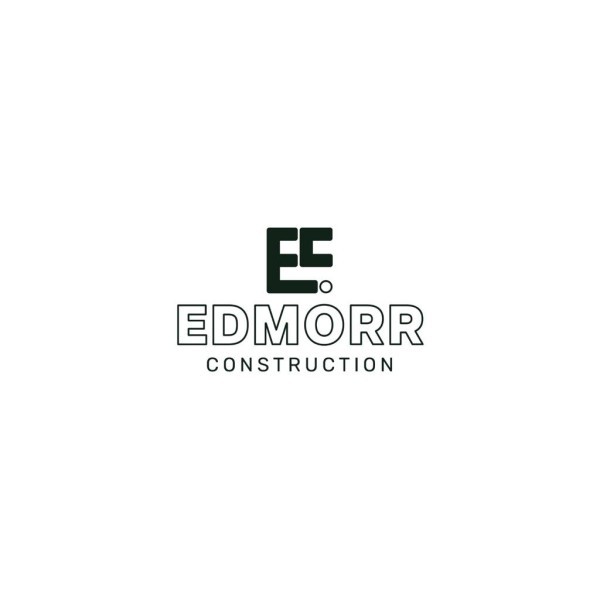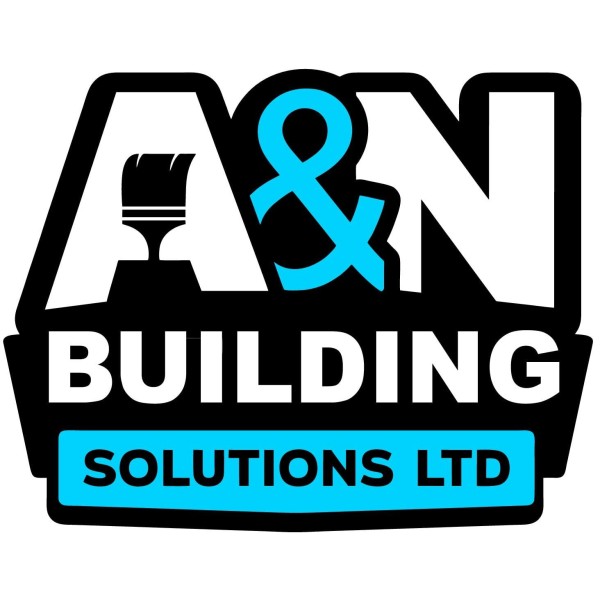Understanding the Role of Extension Builders in Abingdon-on-Thames
Abingdon-on-Thames, a historic market town in Oxfordshire, is renowned for its picturesque landscapes and charming architecture. As families grow and lifestyles evolve, many residents find themselves needing more space. This is where extension builders in Abingdon-on-Thames come into play, offering solutions to expand living spaces while maintaining the town's unique character.
The Importance of Home Extensions
Home extensions are a practical solution for homeowners who require additional space but wish to stay in their beloved neighbourhood. Whether it's a growing family, a need for a home office, or simply wanting a larger kitchen, extensions provide a cost-effective alternative to moving. In Abingdon-on-Thames, where property prices can be steep, extending your home can also add significant value to your property.
Types of Home Extensions
- Single-storey extensions: Ideal for expanding kitchens or living rooms, these are typically added to the rear or side of a property.
- Double-storey extensions: These provide additional space on two floors, perfect for adding bedrooms or bathrooms.
- Wrap-around extensions: A combination of rear and side extensions, offering maximum space and flexibility.
- Loft conversions: Transforming unused attic space into functional rooms, such as bedrooms or offices.
Choosing the Right Extension Builder
Selecting the right builder is crucial to the success of your home extension project. In Abingdon-on-Thames, there are numerous builders to choose from, each offering different levels of expertise and services. Here are some factors to consider:
Experience and Expertise
Look for builders with a proven track record in home extensions. Experienced builders will have a portfolio of completed projects and can provide references from satisfied clients. They should also be knowledgeable about local building regulations and planning permissions, ensuring your project complies with all legal requirements.
Reputation and Reviews
Word of mouth is a powerful tool. Ask friends, family, and neighbours for recommendations. Additionally, check online reviews and ratings to gauge the reputation of potential builders. A builder with consistently positive feedback is likely to deliver quality work.
Cost and Budget
While it's tempting to choose the cheapest option, it's important to balance cost with quality. Obtain detailed quotes from several builders and compare them. Ensure the quotes cover all aspects of the project, including materials, labour, and any additional fees. Remember, a well-executed extension can add value to your home, making it a worthwhile investment.
The Planning Process
Before any construction begins, careful planning is essential. This involves designing the extension, obtaining necessary permissions, and setting a realistic timeline. Here's a step-by-step guide to the planning process:
Design and Architecture
Work with an architect or designer to create a plan that meets your needs and complements your existing home. Consider factors such as natural light, space utilisation, and aesthetic appeal. A well-designed extension should enhance both the functionality and appearance of your home.
Planning Permission
In Abingdon-on-Thames, most extensions require planning permission from the local council. This ensures that the extension adheres to local building codes and does not negatively impact the surrounding area. Your builder or architect can assist with the application process, ensuring all necessary documentation is submitted.
Setting a Timeline
Establish a realistic timeline for the project, considering factors such as weather conditions and availability of materials. Communicate regularly with your builder to ensure the project stays on track and any potential delays are addressed promptly.
Construction and Project Management
Once planning is complete, the construction phase begins. Effective project management is crucial to ensure the extension is completed on time and within budget. Here are some key aspects of managing the construction process:
Communication
Maintain open lines of communication with your builder throughout the project. Regular updates and site visits will help you stay informed about progress and address any issues that arise. A good builder will be transparent and responsive, keeping you in the loop at all times.
Quality Control
Ensure that all work meets high standards of quality. This includes checking materials, workmanship, and adherence to the design plan. Don't hesitate to raise concerns if something doesn't look right. A reputable builder will be committed to delivering a high-quality finish.
Safety and Compliance
Safety should be a top priority during construction. Ensure that your builder follows all health and safety regulations, protecting both workers and your property. Additionally, verify that all work complies with building codes and standards, avoiding potential legal issues down the line.
Finishing Touches and Interior Design
Once the construction is complete, it's time to focus on the finishing touches. This involves interior design, decorating, and furnishing the new space. Here are some tips for creating a cohesive and inviting interior:
Colour Schemes and Materials
Choose colours and materials that complement your existing home. Consider using neutral tones for a timeless look, or add pops of colour for a more vibrant feel. Materials such as wood, stone, and glass can add texture and interest to the space.
Furniture and Layout
Select furniture that fits the scale and purpose of the new space. Consider the layout carefully, ensuring there is enough room for movement and functionality. Multi-functional furniture can be a great option for maximising space in smaller areas.
Lighting and Accessories
Lighting plays a crucial role in creating ambiance and highlighting architectural features. Use a mix of natural and artificial lighting to create a warm and inviting atmosphere. Accessories such as artwork, rugs, and cushions can add personality and style to the space.
Benefits of Home Extensions
Home extensions offer numerous benefits, making them a popular choice for homeowners in Abingdon-on-Thames. Here are some of the key advantages:
Increased Living Space
Extensions provide additional space for living, working, and entertaining. This can improve the overall functionality of your home, making it more comfortable and enjoyable for you and your family.
Enhanced Property Value
A well-designed extension can significantly increase the value of your property. This is particularly beneficial if you plan to sell your home in the future, as it can attract potential buyers and command a higher price.
Personalisation and Customisation
Extensions allow you to tailor your home to your specific needs and preferences. Whether it's a bespoke kitchen, a luxurious bathroom, or a cosy family room, you have the freedom to create a space that reflects your style and personality.
Challenges and Considerations
While home extensions offer many benefits, there are also challenges to consider. Being aware of these can help you prepare and mitigate potential issues:
Budget Constraints
Extensions can be costly, and it's important to set a realistic budget from the outset. Consider all expenses, including design, materials, labour, and unforeseen costs. It's wise to have a contingency fund to cover any unexpected expenses.
Disruption and Inconvenience
Construction work can be disruptive, affecting your daily routine and comfort. Plan ahead to minimise inconvenience, such as setting up temporary living arrangements or scheduling work during less busy periods.
Planning and Legal Requirements
Navigating planning permissions and building regulations can be complex. Ensure you have a clear understanding of the requirements and work with professionals who can guide you through the process.
Frequently Asked Questions
- Do I need planning permission for a home extension in Abingdon-on-Thames? Yes, most extensions require planning permission from the local council. It's important to check the specific requirements for your area.
- How long does a home extension project typically take? The timeline varies depending on the size and complexity of the project. On average, it can take several months from planning to completion.
- Can I live in my home during the construction of an extension? In most cases, yes, but it may be disruptive. Discuss with your builder to understand the impact and plan accordingly.
- How do I choose the right builder for my extension? Look for builders with experience, positive reviews, and a portfolio of completed projects. Obtain multiple quotes and compare them carefully.
- Will a home extension add value to my property? Yes, a well-designed extension can increase your property's value, making it a worthwhile investment.
- What are the common types of home extensions? Common types include single-storey, double-storey, wrap-around extensions, and loft conversions.
In conclusion, extension builders in Abingdon-on-Thames play a vital role in helping homeowners expand and enhance their living spaces. By carefully planning and selecting the right builder, you can create a beautiful and functional extension that meets your needs and adds value to your home. With the right approach, your home extension project can be a rewarding and successful endeavour.















